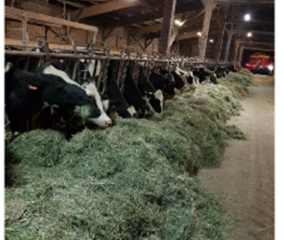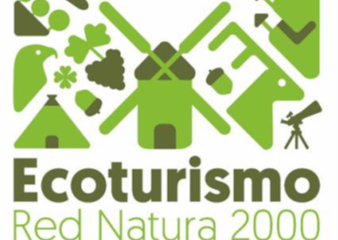Collaborative platform for farmers to exchange services and equipment, with no cash outflow
France
Introduction
Agri-échange
A collaborative platform for the exchange of services and equipment between farmers with no cash outflow
A local exchange system serving farmers:
– Farmers find a colleague who can meet their needs
– The service is invoiced but paid for in exchange for another service
– The service is provided to any farmer in the network (internal currency)
Presentation of the project
Topics to be discussed include
– location: Pays de Langres area
– context (need for action/issues):
Agri-échange wants to provide solutions to the following problems encountered by farmers: drastic rise in the cost of equipment and raw materials, lack of manpower, excessively high production costs, isolated farmers.
– Objectives:
– The aim is not just to set up a network, but to test, evaluate and capitalise on all the stages involved, so that the project can then be rolled out to other regions with a successful and sustainable economic and governance model.
– Testing the involvement of farmers
– Test the connections between farmers
– Testing and demonstrating the functionality of the online platform
– Continuously assess the impact of transactions in terms of time saved, economic, social and environmental benefits.
– Communicate
– actual or expected achievements (file submitted on 05/02/2018):
Agri-Echange has been able to develop the first platform for farmers to exchange work, equipment, labour and raw materials with no cash outflow. www.agriechange.org The mutual aid bank concept has been tested, evaluated and validated during the first 5 years of its launch.
To date, the results are as follows:
– 250 subscribing farmers
– 1500+ farmers registered free of charge
– Development of “Agri-Leaders”:
o Champagne Bourgogne Franche-Comté
o Saône-et-Loire, Allier, Nièvre
o Loiret, Seine et Marne
o Indre, Cher
– Development prospects in other regions: Rhône-Alpes, PACA, Languedoc Roussillon, etc.
Major impacts:
– Increased income thanks to lower costs
o Example of a farmer who increased his income by €500/month by integrating mutual aid into his farm management.
– Weather resilience: access to the right tool at the right time to boost production
– Avoiding the need to buy equipment for Young Farmers
– Ease the mental burden: a solution in the event of a breakdown
– Access to modern equipment for agro-ecological practices, risk-free testing of new crops
– Fodder crops introduced into rotations, local supplies for livestock farmers
– Better time management, delegating what you don’t like to do, or what you don’t have time to do
– Saving time on the road and fuel in the case of remote plots
– LEADER’s role in the project (funding, support, networking, etc.) LEADER has made it possible to fund the test phase, “proof of concept”, to change scale, for an innovation in use rather than technology. Once a balance has been achieved on the national market, Agri-Echange will set up exchanges between cross-border farmers at European level, and may again apply for specific European funding in this area.
The emblematic character of the project
In action sheet 2 of the LEADER strategy, “Encourage the emergence of new forms of economic activity”, one of the areas focuses on experimenting with new ways of doing business.The Pays de Langres LAG is keen to encourage experimentation, while allowing room for error.
In selecting this project, the aim is to contribute to meeting the environmental challenges facing an area that wishes to be part of a transition process with the LEADER 2023-2027 strategy:

– How could the project be transferred to other LAGs?
Agri-échange would like to test this pooling of resources in other areas and would be willing to raise awareness and implement the scheme in other LAGs.
Pictures



AGRI-ECHANGE
GAL du Pays de Langres
Région Grand Est

